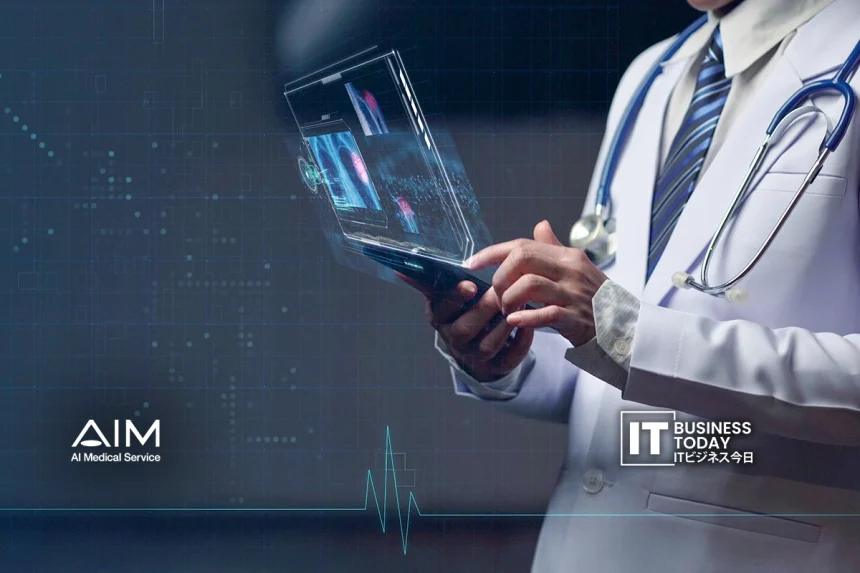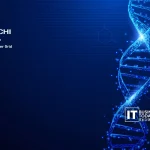株式会社アイ・メディカル・サービス.内視鏡用AI診断技術の開発に特化した医療系スタートアップ企業である株式会社GastroAI-model Gは、2025年6月26日にタイ食品医薬品局(Thai FDA)より医療機器承認を取得したことをお知らせいたします。承認されたのは、同社の内視鏡画像診断支援ソフトウェア「gastroAI-model G」。同システムは、人工知能技術を活用し、内視鏡画像から胃の腫瘍性病変と非腫瘍性病変の鑑別を支援するもの。これは、病変の鑑別機能を有する上部消化管AI診断支援システムとして、タイで初めての薬事承認となります12。 .
タイにおける規制審査および機器登録業務の背景
胃がんは世界で5番目に多いがんで、毎年100万人以上が新たに発症し、約60万人が死亡しています。胃がんは、進行すると死亡率が著しく高くなるのが特徴です。しかし、胃がんは早期で発見されれば治療可能な場合が多く、ステージ1の胃がん患者の5年相対生存率は約95%であるのに対し、ステージ3以降の患者の生存率は50%以下です。にもかかわらず、早期胃癌の発見は難しく、統計によると、診断の見落としは4.5%から25.8%と高いのです。.
タイでは胃がんの死亡率が依然として高く(診断された患者のうち約75%が胃がんで死亡)、これは多くの症例が進行した段階で診断されることを反映しています。この医療上の課題は、人口統計学的な傾向によっても悪化しています。グローバル・サウスの一員として、タイは経済成長を続けており、平均寿命も伸びています。例えば、タイの平均寿命は現在約76歳7 で、ASEAN地域で最も急速に高齢化が進んでいる国のひとつです。国連の世界人口見通し2024(World Population Prospects 2024)によると、タイの人口はピークを迎え、今後は減少すると予想されています。そのため、高齢化に伴い、胃がんをはじめとするがんの効果的な予防・治療に対するニーズが高まることが予想されます。日本が世界に誇る内視鏡医療技術と胃がん診断を支援するAIを組み合わせ、タイの臨床現場で活用することで、今後予想される内視鏡専門医不足を解消し、最終的には胃がんによる死亡者数の減少に貢献することを目指します。.
こちらもお読みください: メディシノバ社、ALSとトリグリセリド試験の最新情報を発表
胃がん鑑別AI “内視鏡画像診断支援ソフト gastroAI-model G ”について”
胃がん鑑別AIの商品名は「内視鏡画像診断支援ソフト gastroAI-model G」で、胃の病変が腫瘍性か非腫瘍性かを判定するための診断支援システムです。内視鏡検査で得られた静止内視鏡画像を解析し、ほぼ瞬時に医師にフィードバック。このソフトウェアは、画像中の病変が腫瘍性(「腺腫または腺癌」)、非腫瘍性、または腫瘍性の可能性が低い(「低信頼性」)可能性があることを促します。画像内の病変が腫瘍性である場合、システムは過去の腫瘍性病変との視覚的類似性(確信度)を表示し、病変の位置を示す長方形のボックスを画像上に重ね合わせます。.
ソース ビジネスワイヤー








